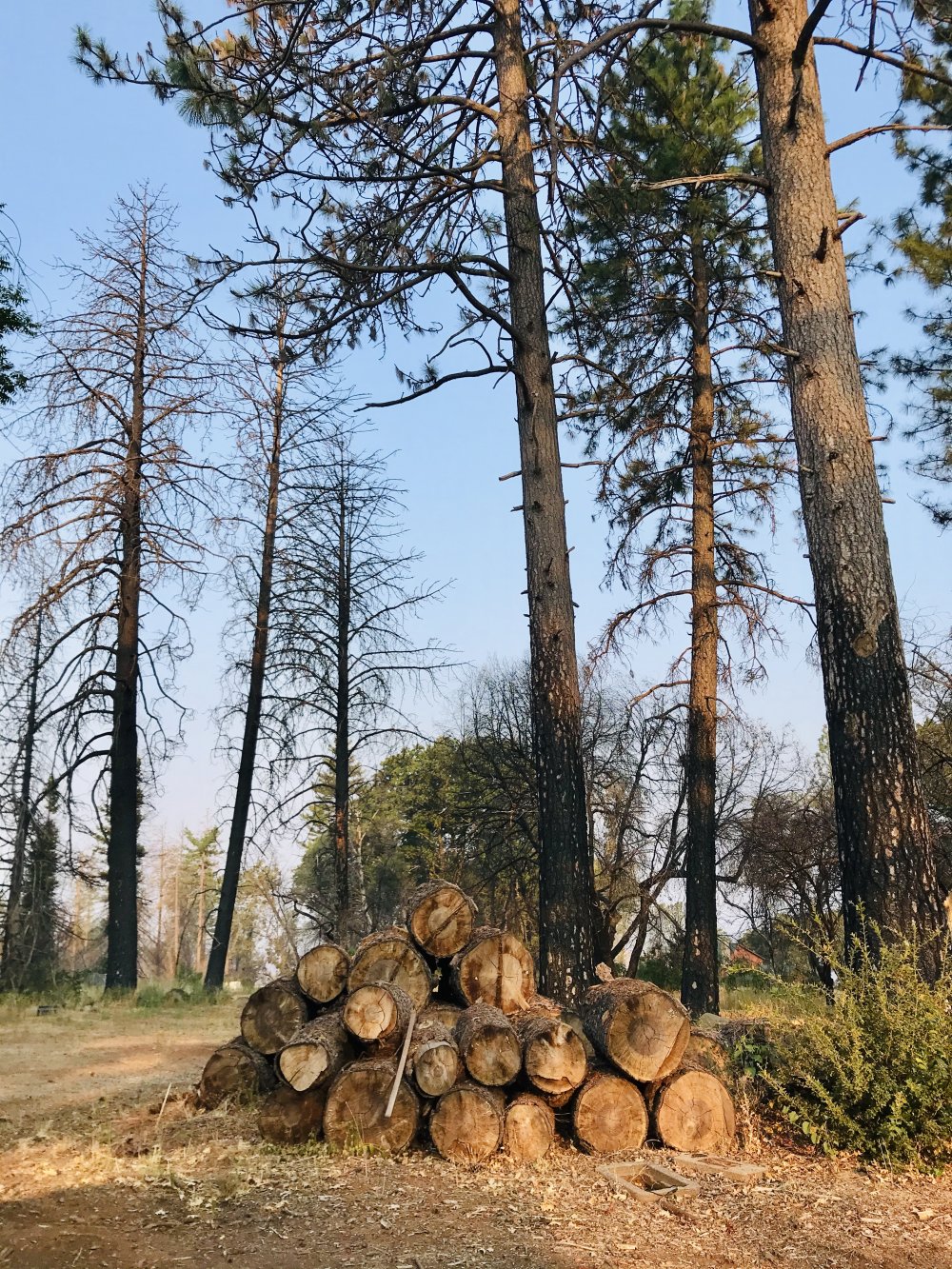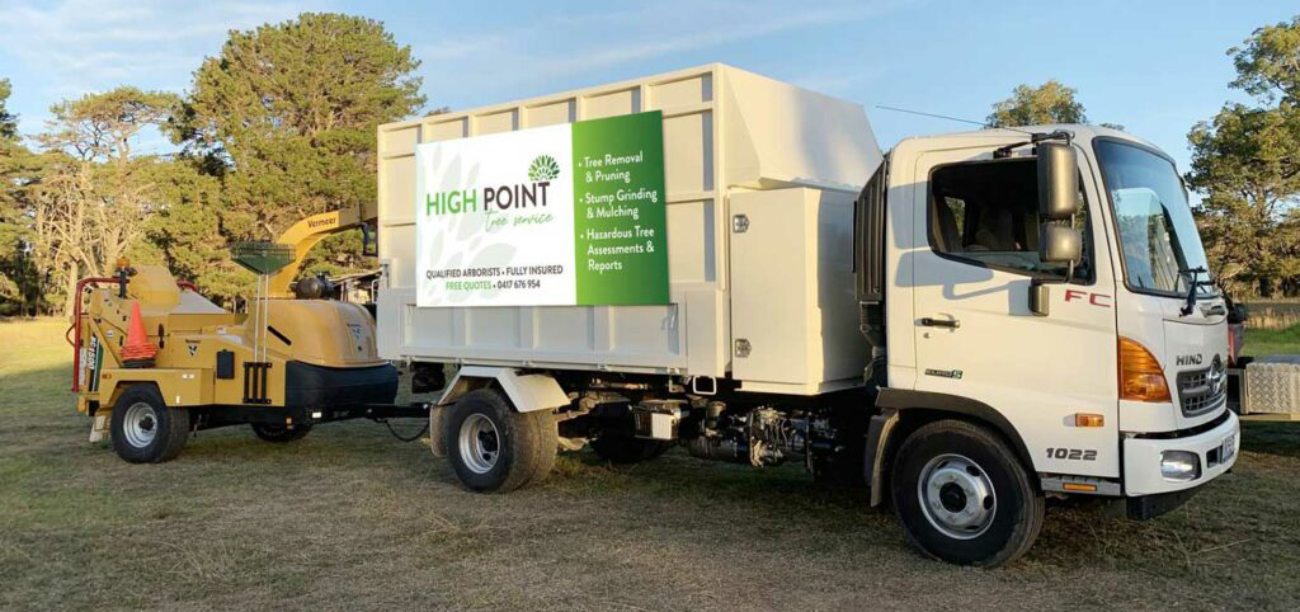All Categories
Featured
The removal of trees can create open areas that are susceptible to weed intrusion. When trees are existing, their dense canopies typically color the ground, restricting the quantity of sunshine that gets to the dirt. After the removal of trees, these open locations obtain boosted sunlight, providing ideal problems for weed development.

To combat weed invasion and preserve the integrity of the ground, experts in tree removal can offer useful advice on effective weed management approaches. They may suggest using mulch, which serves as a safety obstacle on the dirt surface area, preventing weed seeds from sprouting and suppressing weed growth.

The visibility of trees cultivates a rich and varied neighborhood of soil microorganisms. Tree roots provide a source of raw material, exudates, and nutrients that support the growth and activity of helpful soil bacteria. Nonetheless, when trees are gotten rid of, the absence of their roots can interrupt the fragile balance of the soil's microbial environment.
What Is The Best Wollongong City Council Tree Removal Business?
To address the impacts of tree reducing on soil pH, tree removal experts can provide valuable recommendations. Based on the results, professionals can suggest pH modification approaches, such as including lime to raise soil pH or incorporating important sulfur to reduce it.

It refers to the compression of dirt bits, leading to minimized pore space and increased soil density. This compaction can adversely influence the soil's ability to function ideally, influencing its water-holding ability, vitamins and mineral accessibility, and origin infiltration. Correct techniques employed by tree removal professionals can help minimize compaction and preserve the dirt's capability to preserve water, and allow for ample air movement and careful devices handling.
Latest Posts
What Is The Best Arborist Wollongong Program?
What Is The Best Palm Tree Removal Wollongong Service?
What Does Tree Removal Wollongong Cost?